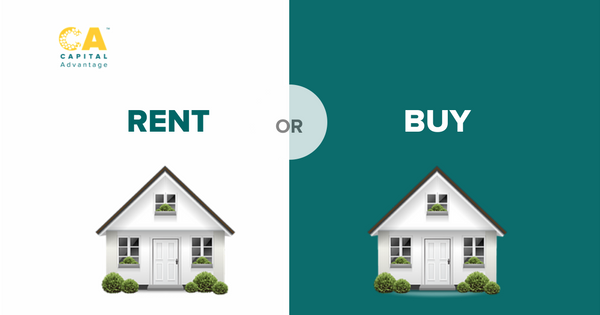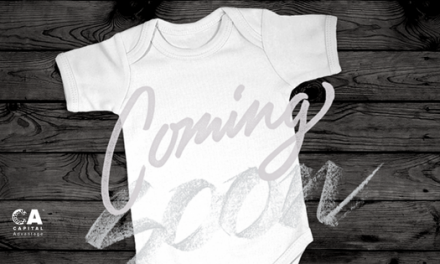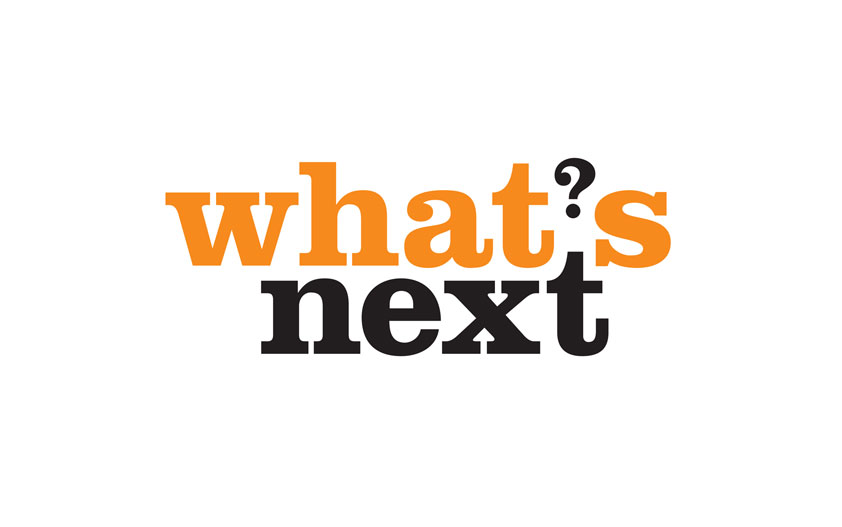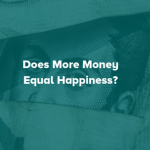Is it better to rent or buy your home? That’s the question Rob Carrick debated in his latest Globe and Mail column. Growing up most of us were taught that it’s better to own than rent, but with today’s sky-high real estate prices, does this advice still hold true?
If you’re buying in a city like Toronto, you may only be able to afford a shoebox condo or a house in the suburbs. If you’re not willing to put up with living in cramped quarters or a long commute, you might consider renting. In Toronto, it can be almost twice as expensive to own than it is to rent once all the expenses of homeownership (mortgage, utilities, home insurance, property taxes and home maintenance and repairs) are considered. But to come out ahead renting, you have to be financially disciplined. With the money you’re saving by not owning, you have to invest it. If you spend it, you won’t be any further ahead.
Still not sure whether to rent or buy? Here are the pros and cons of each.
Renting
Pros
- Less expensive: Renting is typically less expensive than owning in big cities like Toronto and Vancouver. This means less of your monthly cash flow is tied up.
- Freedom: You can easily move around. At the end of your lease, you can provide your landlord with 60 days’ written notice and move somewhere else.
- Less work: When you’re a homeowner, you have to worry about maintenance and repairs. When you’re a tenant, the landlord takes cares of that for you.
Cons
- Your place is never paid off: Unlike a homeowner who pays off his mortgage, your rent will never stop. In fact, your landlord usually raises your rent.
- The temptation to spend: You can come out ahead renting and investing, but only if you’re super disciplined. Do you have the willpower to say no to pub nights with your mates and fancy vacations?
- Restrictions: You have to ask permission from your landlord for everything from painting your place to pets.
Buying
Pros
- Forced savings: When you own a home, the mortgage forces you to save. If you don’t pay your mortgage, the bank will take away your home (talk about a good incentive!).
- Income source: If your home has a secondary suite, you can rent it out and pay down your mortgage even sooner.
- Leverage: When you buy a home, you only have to put five percent down. The bank is willing to put up the other 95 percent. If home prices keep going up, when your home is eventually paid off, you could be financially set.
- Tax haven: Your principal residence is one of the few tax shelters left. In most cases you don’t have to pay any income tax when you sell your home.
Cons
- It’s expensive to buy: Closing costs such as land transfer taxes, real estate lawyer fees and your home inspection can add up to almost as much as your down payment (between 1.5 percent and four percent of your purchase price).
- Homeownership costs: Besides your mortgage, you’ll also have to pay utilities, home insurance, property taxes and home maintenance and repairs.
- Lack of diversification: If all your money is tied up in your home, you’re not properly diversified if the real estate market were to have a correction.
Still not sure whether buying or renting is your best choice? We have a team of experts who can help crunch the numbers and figure out which one makes the most sense. Feel free to contact our office today.









